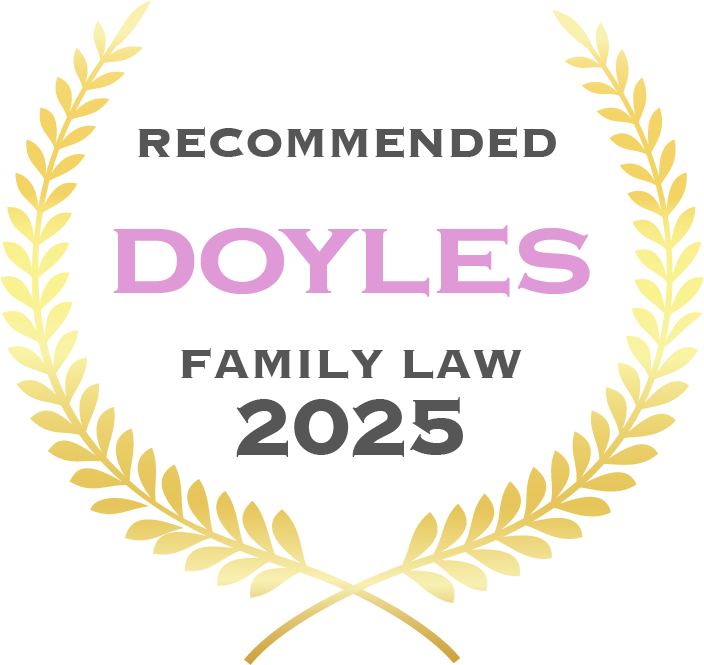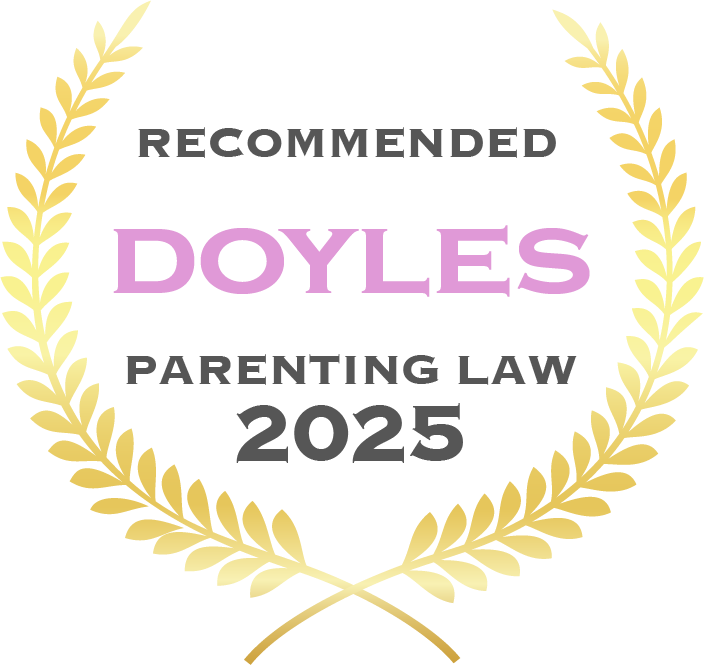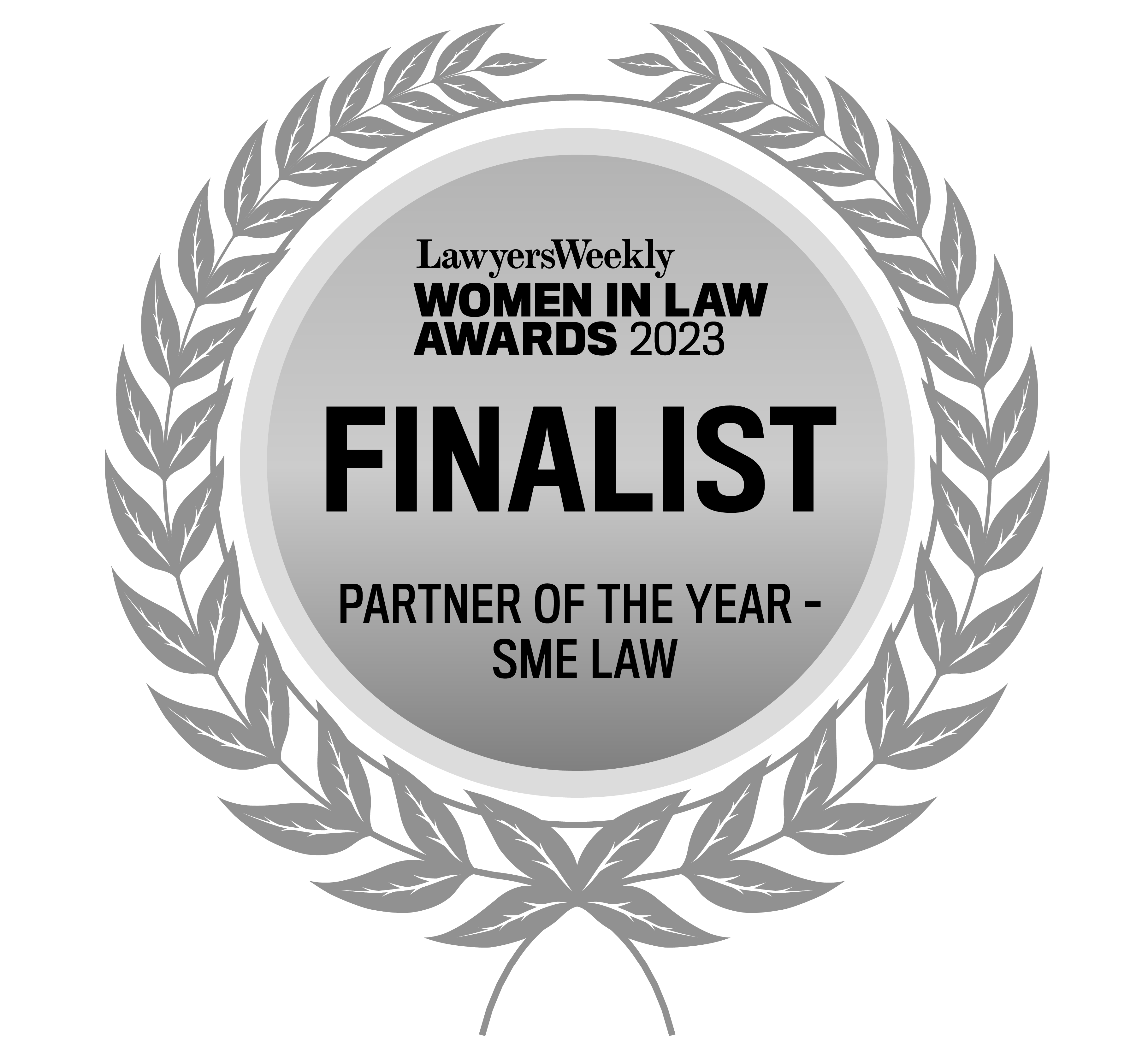
What is Causing Serious Harm?
Causing Serious Harm is a major indictable criminal offence under section 23 and section 29(2) (acts endangering life or creating risk of serious harm) of the Criminal Law Consolidation Act 1935 (SA) (CLCA).
A criminal conviction for causing serious harm or acts endangering life or creating risk of serious harm can have a devastating impact on your freedom, livelihood and your future. In most cases, a conviction will also result in a term of imprisonment if a formidable legal defence is not mounted.
Both the charges above are dealt with in the District Court of South Australia. This is a higher court that deals with serious criminal offences. Our team of dedicated Adelaide criminal lawyers specialize in defending individuals who are accused of cause serious harm in South Australia.
What is Serious Harm?
Serious harm is defined in section 21 of the CLCA and includes harm that endangers a person’s life, harm that consists of, or results in, serious and protracted impairment of a physical or mental function; or harm that consists of, or results in, serious disfigurement.
Helpful Questions & Answers
Heading 1
Heading 2
Heading 3
Heading 4
Heading 5
Heading 6
Lorem ipsum dolor sit amet, consectetur adipiscing elit, sed do eiusmod tempor incididunt ut labore et dolore magna aliqua. Ut enim ad minim veniam, quis nostrud exercitation ullamco laboris nisi ut aliquip ex ea commodo consequat. Duis aute irure dolor in reprehenderit in voluptate velit esse cillum dolore eu fugiat nulla pariatur.
Block quote
Ordered list
- Item 1
- Item 2
- Item 3
Unordered list
- Item A
- Item B
- Item C
Bold text
Emphasis
Superscript
Subscript
What Is The Penalty For Causing Serious Harm?
Section 23 of the CLCA, makes it an offence for a person to intentionally or recklessly cause serious harm to another.
The maximum penalty for a person who is found to have intentionally caused serious harm is:
- For a basic offence: imprisonment for 20 years; and
- For an aggravated offence imprisonment for 25 years.
If warranted due to the nature of the harm caused, on application by the Director of Public Prosecutions, the Court may impose a penalty exceeding the prescribed maximum.
The maximum penalty for a person who recklessly causes serious harm is:
- For a basic offence: imprisonment for 15 years; and
- For an aggravated offence: imprisonment for 19 years.
What Does The Prosecution Have To Prove?
Elements of the Offence
The prosecution must prove the following elements beyond a reasonable doubt:
- The accused caused serious harm to another person.
- The accused acted intentionally or recklessly.
What Is An Aggravated Offence?
Aggravating features are covered by section 5AA of the CLCA and include:
- Using or threatening to use an offensive weapon to commit or when committing the offence;
- Committing the offence whilst believing the victim was over the age of 60 years;
- Committing the offence knowing the victim was a person with whom the offender was, or was formerly in a relationship with; and
- Committing the offence in company of another person; etc.
What Is The Penalty For Acts Endangering Life Or Creating Serious Risk Or Harm?
Section 29(2) of the CLCA makes it an offence for a person, without lawful excuse to do an act or make an omission, knowing that the act or omission is likely to cause serious harm and intending to cause serious harm or being recklessly indifferent as to whether such harm is caused
The maximum penalty for this offence is:
- For a basic offence: imprisonment for 10 years; and
- For an aggravated offence: imprisonment for 12 years.
If a court convicting a person of an offence against this section is satisfied that the act or omission constituting the offence was done or made by the convicted person in the course of the convicted person’s use of a motor vehicle, the court must order that the person be disqualified from holding or obtaining a driver’s licence for 5 years or such longer period as the court orders.
What Defences Exist To Causing Serious Harm Or Acts Endangering Life?
You may have a defence if:
- Accident – if the harm was caused by an accident and not by the accused’s intentional or reckless conduct.
- Self Defence or defence of another – a person is entitled to use reasonable force to defend themselves or another person from harm, although may often find themselves charged with causing serious harm where the police or DPP form the an excessive amount of force was used.
- Defence of property – as with the above, a reasonable amount of force may be used to defend one’s property against an intruder.
Other defences include:
- Duress: if you were acting under a threat against you. Our lawyers will demonstrate that a third party forced you to commit the offence against your free will.
- Mental Impairment / Automatism: some individuals may not realise what they are doing is wrong. Examples include Schizophrenia, Epilepsy, or sleep walking.
- Emergency: this defence may apply if you had to break the law in order to avoid danger.
What about consent?
Whilst consent may be a defence to assault the law holds that a person cannot consent to serious harm.
Case Study: Defence of Another
Our client was charged with causing serious harm after he discovered his brother laying in the backyard following a violent and bloody confrontation with his best friend following a house party.
Thinking that the worst had occurred, our client intervened and struck his best friend who violently assaulted his brother. After subduing the attacker, our client immediately telephoned the police and ambulance service to render first aid to his brother and best friend.
Regrettably, our client did not have the benefit of speaking to an experienced criminal lawyer prior to telephoning the police and ambulance service. He was asked to accompany police to the watch-house and was interviewed for nearly one hour after which police made a decision to charge him with causing serious harm.
He was charged despite intervening to protect his brother whom he thought was deceased and having done the right thing by calling emergency services. Despite the attacker using a knife against our client’s brother, the DPP withdrew charges against the attacker and instead prosecuted our client.
Our client subsequently entered a plea of guilty to a recklessly causing serious harm in the District Court of South Australia on the basis of having used excessive force to defend his brother.
After thorough preparation and marshaling a significant number of character witnesses, the Supreme Court of South Australia ordered that our client serves a 6 month period of imprisonment (entirely suspended) upon entering into a bond to be of good behaviour for 18 months.
The DPP sought to appeal the decision on the basis that the penalty was manifestly inadequate but were refused permission and the original sentence was not disturbed.
This case study serves as a telling reminder that despite having the best intentions, it is often inadvisable (if ever) to speak with the police without an experienced criminal lawyer by your side.
27
Combined Years Of Experience
Awards & Affiliations







.png)




.png)


.png)


.png)




